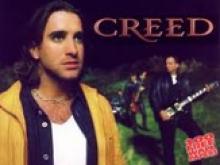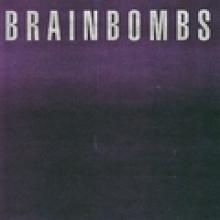In the sixth grade, Mrs. Johnson, our music teacher (known especially from an epic moment when she tossed her shoulder pads out of her shirt, exasperated with them), went around the class, asking what type of music everyone liked. Living in semi-rural Missouri, most people said, “Country.” Some said rock. I said “
Alternative,” and after that, everyone else wanted to say that, too.
But honestly, I didn’t mean it the way that I said it; I meant that my music tastes were wide and alternated every day. I liked country music, too, back then; but I was raised on oldies music that my mo loved, and hard rock that my dad loved, and much of the stuff in between. Sure, I liked The Offspring, The Flaming Lips, Nirvana; I just thought they were called “rock,” and that my word, “alternative,” just referred to enjoying different types of music.
Of course, I know much better than this right now. All I have to do is listen to the Adult Alternative music station on Music Choice to know what my peers meant versus what I meant. At least I wasn’t lying; I liked a lot of that music, too. But how do you really define it?
Also known as alternative rock, this style of music was started in the 1980s, and stemmed from punk music before it. Early alternative bands included The Cure and R.E.M., though that, too, seems to be too gray of a definition for me, since both sound like “rock” to me. Today, when I think of alternative music, I picture System of a Down, maybe, or M.I.A., which are much harder than the stuff we listened to growing up.
Many consider alternative rock as an umbrella term for several other subgenres of music, including punk, grunge, indie pop, gothic rock, and indie rock music. This makes sense to me; if you listen to an alternative radio station, you pretty much get this range. The funny thing is, if you put on an oldies or classic rock station, I’m usually guaranteed to like 9 out of 10 songs; it’s more of a 50-50 shot with an alternative rock station, since it varies so widely. If most of the bands I’ve listed above are played, for example, I’ll probably keep the station on; but if something wildly different—and particularly hard enough to where you can’t understand any words and a bunch of talk about demons or killing people can possibly be heard—comes on, I’ll probably switch the station.
I don’t really like labels anyway, so I guess it’s cool that alternative rock is so difficult to define. Yet when you’re explaining your music tastes, it really doesn’t tell you much about the person, does it? The Cure is pretty different from System of a Down, which is pretty different from Florence and the Machine, after all.
How do you define alternative music? Do you have a narrower interpretation, or one based from another source or series of experiences?







